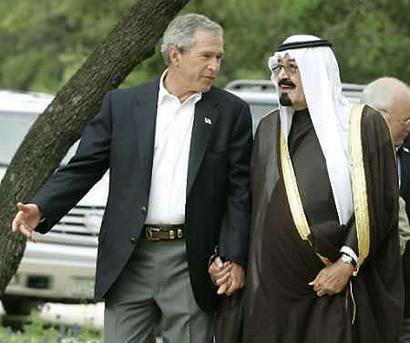It’s not possible to look over Nouriel “Dr. Doom” Roubini’s new report on China’s economy [PDF; must use proxy in China] without feeling kind of sick. This is the doomsayer who correctly predicted the current global mess more than two years ago. He is predicting a very rough road for China moving forward, with no real end in sight.
Despite it’s being completely depressing, the report is well worth a read. It reinforces an observation I’ve been making recently, that everywhere you look there’s a dogged, cult-like insistence that the Chinese economy is safe and will grow by 8 percent in 2009, no matter what kind of statistical evidence you put in front of the “experts” explaining this is simply impossible based mainly on the catastrophic world demand for exports.
To achieve 8 percent growth, China would need to step up domestic consumption exponentially. Widespread poverty combined with a tendency to save at least 30 percent of earned income — mindsets and situations that will take years if not generations to change — makes this literally impossible.
Referring to this insistent denial of reality as “the 8 percent mantra,” Roubini says some private-sector analysts (which I suspect includes himself) see growth of less than 6 percent, and some as low as 4 percent.
For a country that has been growing at an average of 10% for the last decade (and as high as 13% in 2007 down to 9% in 2008) and that needs a growth close to 10% to move millions of poor rural farmers to the modern urban manufacturing sector every year, a growth rate of 5% would be the equivalent of a hard landing, and even 6% would be extremely weak. And the deceleration of growth in the last six months has been severe.
We’re pretty much there, in a hard landing. The big question, for me at least, is, What does that mean? What are the ramifications? About six months ago, Roubini predicted China would be hit so hard it would literally “fall apart.” As far as I can tell, it hasn’t happened and won’t happen anytime soon. The economy has been battered here for a long time now, and through a skillful blend of propaganda and a lowering of expectations, the government has managed to hold things pretty well together. I do expect things to get uglier and uglier, but not to fall apart. I’m still not certain how we measure how hard we’re landing.
This reflexive recitation of The 8 Percent Mantra, this official denial of reality, verges on the surreal. On the one hand, China is making louder and more aggressive claims that its economy is doing far better than that of the US, Europe and Japan. This is now stated as a given in the Chinese media, where the notion of “the US-originated global financial crisis” is being drummed into everyone’s heads, along with the notion that China is about to bounce back. Not only bounce back, but soon to stand head and shoulders with the other three (Europe, the US and Japan), and thus deserves a larger say in the affairs of the world. And I’m watching this insistence become ever more aggressive, bordering on provocative.
That may be deserved; if China is indeed this rich and successful, it does deserve more of a global say. But then the other reality butts in, dramatized in an excellent story a few days ago that had the China twittersphere all abuzz, and rightly so. The article is aptly titled Rich China, Poor China (and I wish I had blogged it earlier, but excuse, excuse, excuse). In a nutshell:
China the new power holds $2 trillion in foreign reserves, including about $1 trillion in U.S. debt, and increasingly lectures rich nations on economic management. Developing China has tens of millions of rural poor among its 1.3 billion people and falls in the same World Bank per capita income rankings as Cameroon and Guatemala.
The emergence of China as a heavyweight economic player with a relatively poor population has economists scrambling for new definitions, perplexes policymakers in other countries and has some competitors crying foul.
…China has raised eyebrows when it appeared to be demanding more rights as an unquestioned economic power while pleading poverty when asked to shoulder greater obligations.
Most powerful, superpower, Where is China’s reality? How is it possible for one country to be gripped with such wildly divergent contradictions? I’ve been wondering about this for years, and probably always will, and can’t write my thesis about it now. Meanwhile, another blogger has addressed the same issue pretty well and I suggest you check out his conclusions. I loved the quote he pulled up:
Travel to China for a week, and you’ll be able to write a book. Travel to China for a month, and you’ll be able to write an article. Travel to China for a year, and you won’t be able to write anything at all.
As a friend of mine put it recently, “The longer you stay here, the less you know.”
This was going to be a brief post about Roubini’s report, slipped in during a break at work. Don’t ask me how it morphed into the current meandering mess. Bottom-line points: Huge disconnect between what China sees vs. the world’s financial gurus (the ones who had it right about the global crash). Huge disconnect between claims of greatness and claims of poverty. Huge disconnect between where China actually stands today and where the government is telling us it stands (see the Roubini report for numerous detailed examples).
Meanwhile let’s hope for as soft and gentle a landing as possible,and pray that the government is more right than Roubini.

Comments